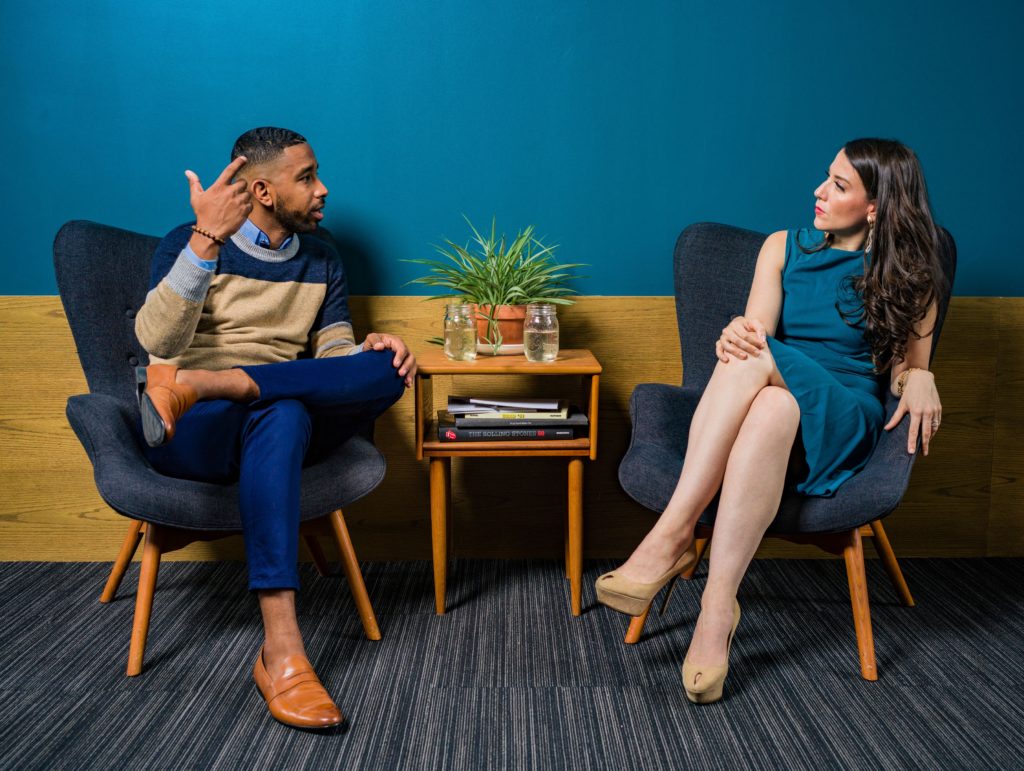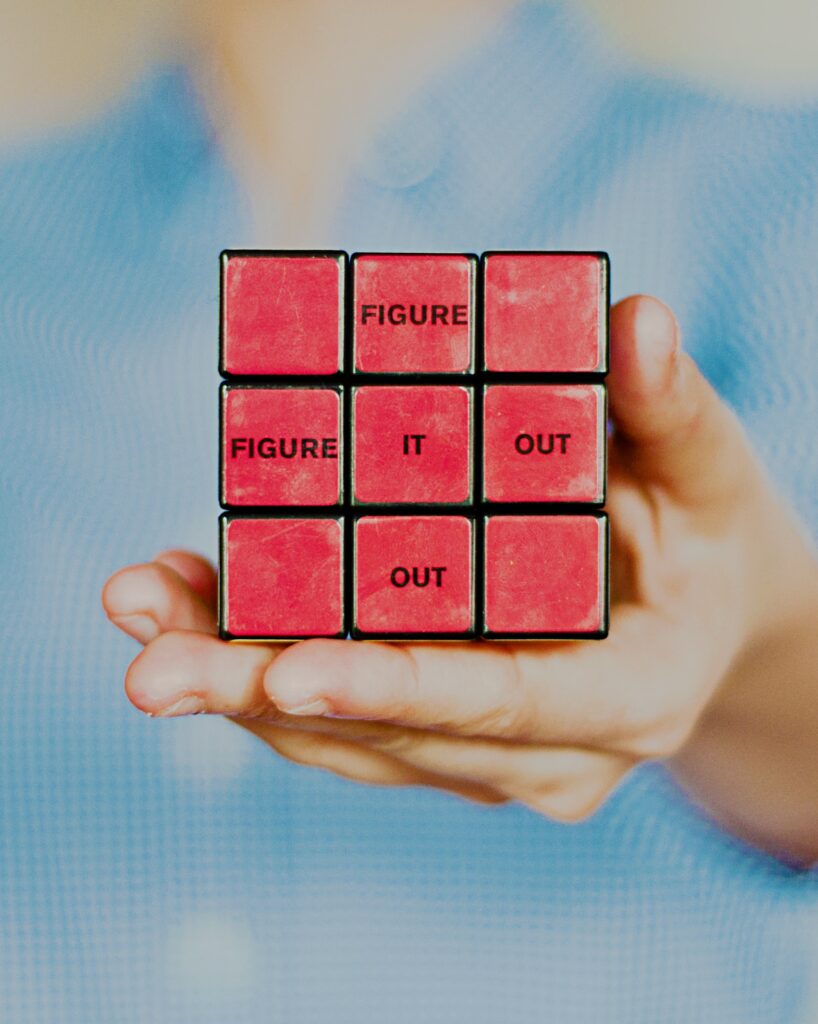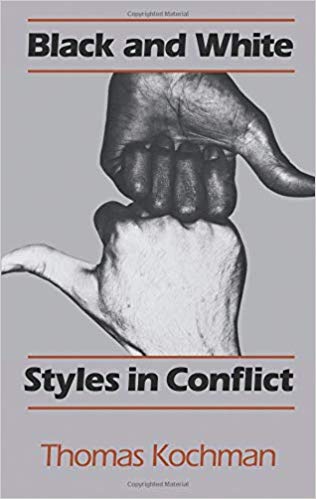I have a gentle soul and somehow I’ve ended up with a livelihood centered around that gentleness and educating. I see so many people expecting and feeling entitiled to that kindness. As though compassion ends when a person isn’t nice to you. That every Black person you know should be able to give you that. Because you deserve it. You are one of the good guys! You are just trying to learn and how dare that other person not be willing to educate you in the way you want! How dare they make you feel bad? Right?!
Well, let’s talk about it. I’ll be kind and you’ll listen and then you’ll pay me for my service.
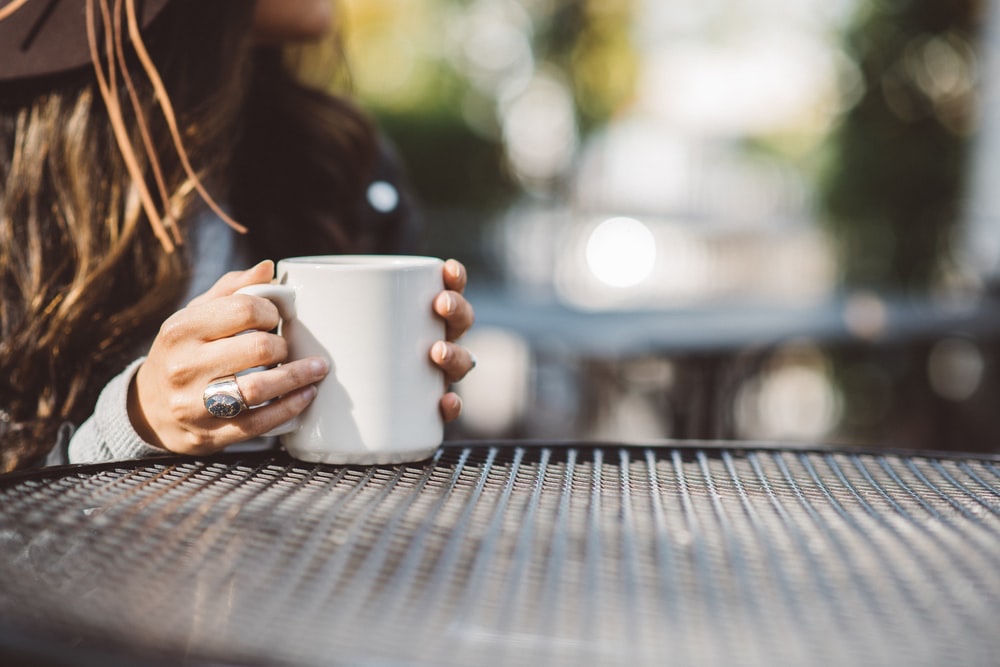
The History
This is a story that goes back much farther than you, or I. Although I can take it back to slavery, I hope you are not of of 20% of folks who thought freeing us from slavery was a bad idea. So maybe we can summarize that part. During slavery, we had our humanity stripped from us and with that started a certain type of paternal attitude from white people toward Black people. There was this idea that they were saving us, that it was a great kindness, and Black people should be appreciative. When we were freed it was hard for white people to accept our sudden humanity, and leadership, as we were beginnning to take places in the government. So, an idea was inacted. Jim Crow.
Now, most of you know about the Jim Crow south. (even if things were not much better up north and voter supression started there) We think about it as this series of racist laws but, did you know there was more to it than that? There was also an ettiequte instated too, and not following it would cost your your life.
Many white people at the time, did not like freed slaves to be on equal footing with them. With the help of voter suppression, the govenerment turning a blind eye and the KKK, this etiquette became pervasive. Through threat of violence, despite being free, Black people were expected to show they were inferior to whites in a variety of ways. Being unwilling to do so, to accept your place, meant potentially death. Even if the Black person were treated poorly, it was expected that the white person would get what they want without question. That we should appriciate every kindness given. You can see a bit of this in this scene here. Sophia breaks etiquette because despite the white people finding the mayor’s wife’s antics sweet, Sophia did not. She was punished harshly for it, for going against the code.
Why was this a thing?
Beyond the fact it made some white people feel suprerior again, it was also used to dehumanize us. Although we had thoughts and feelings, publicly we were unable to voice them. No matter what happened we had to remain calm, and “appropriate”. No matter the hurt and discomfort we may have felt. This list of rules is long but here are few of note:

Never impute dishonorable intentions to a white person…Never laugh derisively at a white person…Never assert or even intimate (imply or insinuate) that a white person is lying…
Read more here
“In general, Blacks and whites could meet and talk on the street. Almost always, however, the rules of racial etiquette required Blacks to be agreeable and non-challenging, even when the white person was mistaken about something….Signs in the Black section of waiting rooms at train stations, for example, customarily warned against loafing, spitting, and unacceptable behavior. No such signs were usually displayed in the white sections.”
Ronald L. F. Davis, Ph. D. Read more Here and Here
It took our suffering and prioritized white feelings. They needed to feel superior so they demanded that. They wanted to dehumanize us, so they demanded we comply. Some were aware this was wrong but did little to stop it. They would simply try too distance themselves by being “less bad” all while, often patting themselves on the back, for a job well done.
“While the term “nigger” was universally used, some whites were uncomfortable with it because they knew it was offensive to most Blacks. As a substitute, the word “niggra” often appeared in polite society”
Ronald L. F. Davis, Ph. D. Read more Here and Here
Instead of doing something about the etiquette they simply put a band aid over it, one I’d hazard to guess wasn’t appriciated. These were the social rules that are woven into race relations in this country. These things were outright expected until the 60s and you know what?
Today
My mother was born in ‘69. Do we really think this magically disappeared? The white adults my mother grew up with either were complict or accpeting of this social norm. The Black Adults she grew up with were taught that following these rules would help keep her safe. So was everyone else her age. They were taught how to be and act. I assume the same happened to white children. Then that generation had children and for many of my readers, those children, are us. If not being in my mother generation or older. These expectations have seeped into the fabric of American unconscious. The hardest part about unconscious bais is that it’s hard to see without help.
The question is not if you have these biases but how they show up. I’ll admit. I find myself using some of these etiquette when talking to older white people. I find myself looking away from attractive white women and being overly formal. I find myself being feeling obligated to be aware of my Blackness and how it “burdens” white people.And so much more. These ideas are so ingrained in me that that is the way to act for my safety. How does this show up for you?
Shapes Our Interactions
I am not white so I can only guess but I can talk about what I’ve seen over the years. Many people insist to be heard we need to be more. More what? More polite, considerate, compassionate, “well spoken”, kind, formal, peaceful. I’ve been told being combative hurts the cause, that laughing at white people was unacceptable, that is it our responsibly to be patient and teach. I’ve been told asking for appreciation, rights and respect, (looking at you dance communities) is ruining the fun, disrupting life, and generally “a pain”. I’ve been told off for bringing politics into peoples hobbies and to do that at another time, as if my life is a political point I’m attempting to leverage.
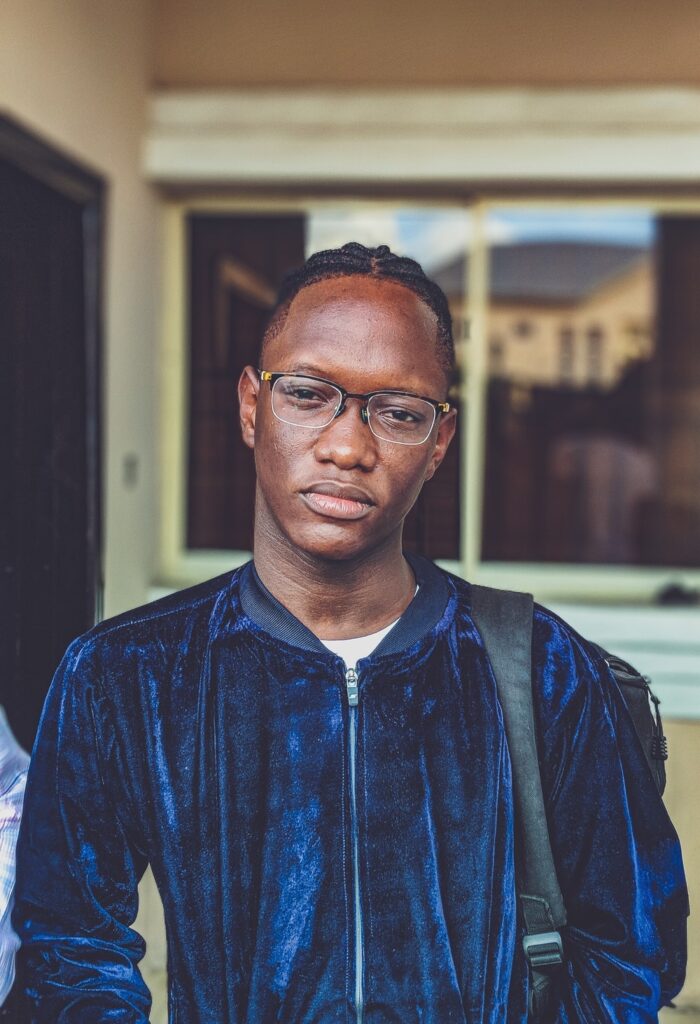
Some poeple have been willing to listen, but we always are aware of the clock ticking down, the way one word can change you, how our tone can easily cause the well of good action to run dry. We are very aware of the fact that even through there are more white people who are “soft on the Blacks” that too has a limit. Why? Because it is not done through respect or caring for us a lot of the time, but because of pity, or image. Sometimes even just upholding the image to yourself that you are a good person and care. But, it always runs dry sooner or later. As soon as it’s a hard challenge, feel personal, or isn’t kind people, fall back onto the etiquette. Once the net good feelings are out weighed by the feelings of shame, the willingness goes away because it’s hard and inconvient. Then the expectation of kindness and consideration arise.
People don’t view our polite kindness as the service it is, but as the expectation.
The Expectation
Many of us have been taught there is a way that we are supposed to interact across racial lines. It may have been your parent, school, business or just society as a whole. But just as asking for information about how an illness killed your recently deceased family member may come across as hurtful, tone death, and down right rude, the same applies here. Yet, it is expected of us by so many. To be actively hurting, grieving and upset and some newly woke white person is demanding not only your time, resources, but also kindness and compassion in the face of great rudeness and insensitivity, is unbelievably entitled and rage enducing. Then we have to choose. To align with our feelings and likely be swept under the rug as “one of the the bad ones”, as “the angry Black person”, as political and not a team player. Or, suppress those feelings to be effective.
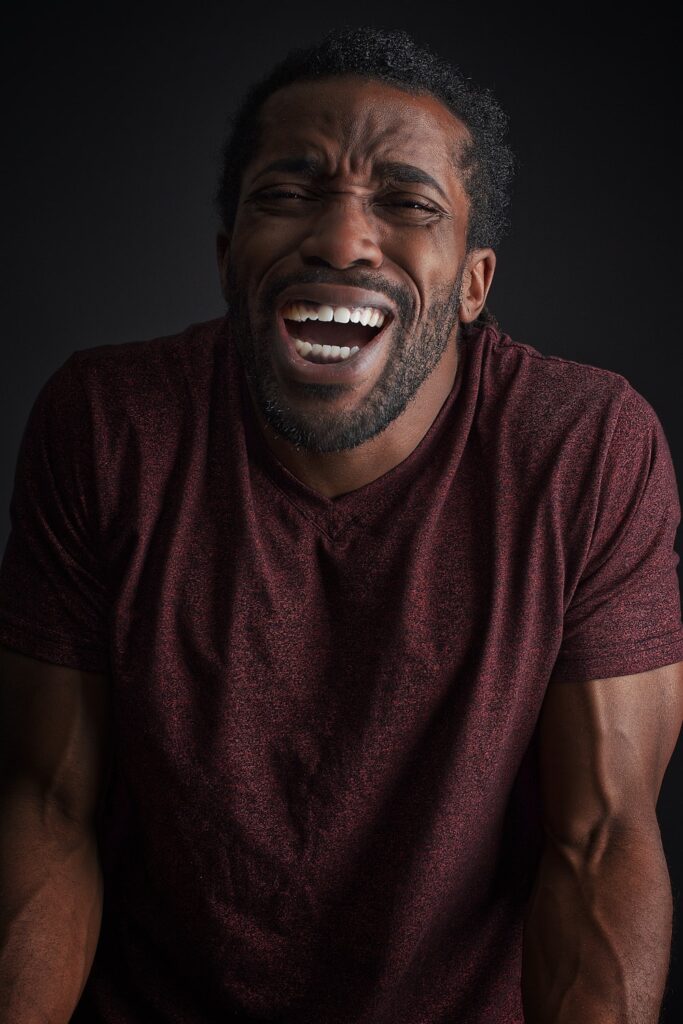
Every time you expect or request more kindness than you deserve, everytime you forget our humanintiy in your search for being a better person, everytime you dismiss someone because their “tone is hurtful” you play into this old social standard. No one owns you education. No one owns you kindness when given rudeness. No one is require to look at their abuser (in the little and huge ways), knowing there is a solid chance of getting push back, and say “yeah! I forgive your rudeness, and disrespect, lets chat and I’ll be sure I won’t hurt your feelings!” This turns it into about you and what you think we should be acting like, and often, it’s set in these old Jim Crow beliefs. You are not entitled to that, it has to be earned or payed for. And even then many will be unable or unwilling to give you that, and you must respect that. That kindness is a gift, and many who can, offer it as a service.
When people talk about systemic racism it’s these things that are some of the thigns meant. The little invisible power imbalances that shape our every day life, if you want them to or not.
What now?
Hopefully by this point you are sitting and thinking about all the ways these old beliefs have shapped the way you have interacted with Black people in your life or in media. Better yet, you are hoping to get better about this to stop hurting the minorities in your life. I have some ideas but you shouldn’t be limited to them.
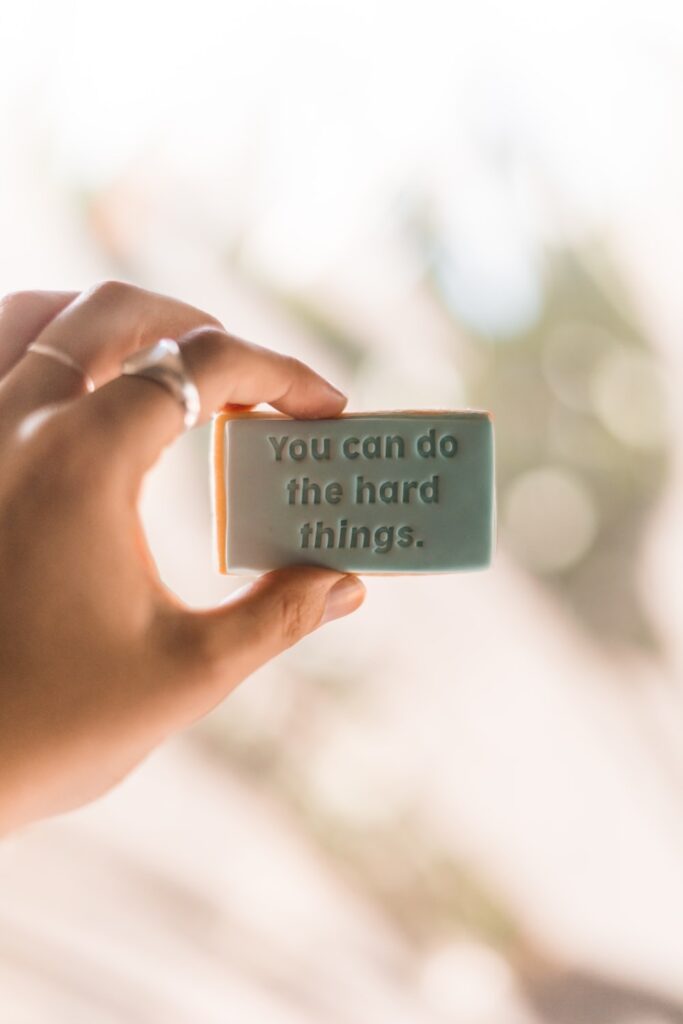
- I assume if you are reading this you have internet. Please utilize google before asking your networks.
- Ask your networks adjacent to Black people. Is there someone farther in their journey towards understanding racial relations and history than you, that isn’t Black? Ask them
- Read and pay the Black voices who have extended you this gift. It is hard and comes from a deep love, no matter how painful it may feel in the moment
- Practice compassion. Friends and loved ones are allowed to be mad at you, even leave your life because you aren’t where they need you to be. Accept that fault and strive to see the pain that has lead them there and your part in it.
- Don’t just say I’m sorry, do the work and be better
- Hell, don’t say I’m sorry when you mean, “I’m sad and feel bad”. Apologies are for actions not discomfort. It brings things to center on you.
- Listen more than you speak.
- Learn from and embarce being called out. You’ll make mistakes, that’s human and doesn’t mean you ARE bad.
- If you notice yourself upset with Black emotions question if it’s because you have an unmet expectation
- Support Black emotions like, rage, sadness, and joy, not just the ones that you like
Add your additional suggestions in the comments!
Final Takeaways
If you forget everything thing else, remember this. DO the work, and you are not entitled to our help or kindness. It is a gift. Cherish those who extend that to you, even when it may feel bad or not be how you expected. Keep going despite that, not because you are supposed to, or out of pity, but because you care and respect us, even when it’s hard. No one deserves brownie points, or extra consideration, for being a decent human being.
